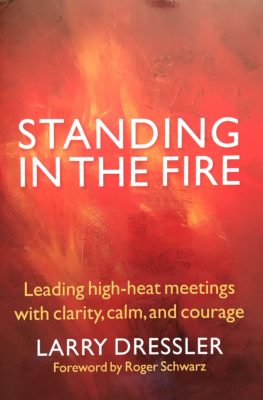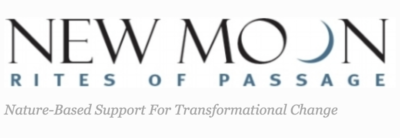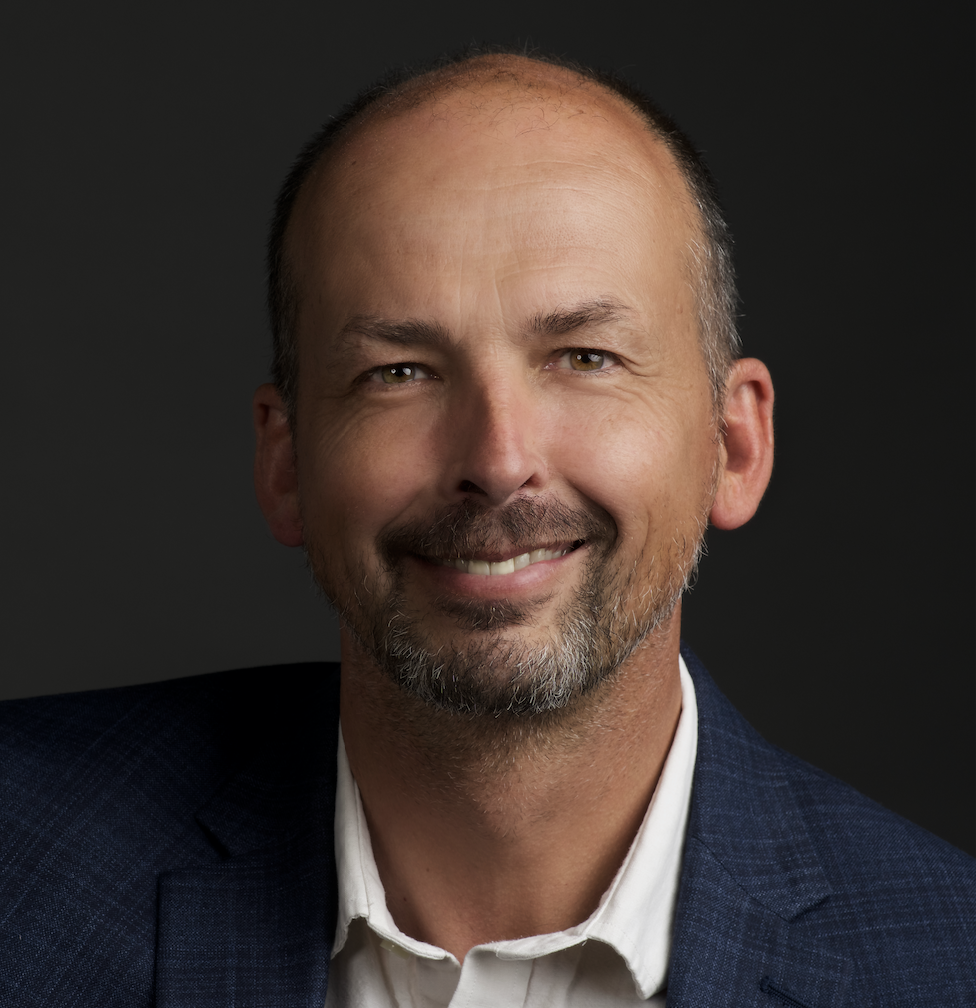One of the most common reference points I hear in working with groups is the desire to give full and immediate attention to the “what.” This is the “doing” part. It’s the church that wants to create in two hours it’s next five year strategy. It’s the university that wants to grow its prominence. It’s the non-profit that wants to host a community awareness event. “What” is the implementation part. It’s so often perceived as the accomplishment part. It’s noble. It’s needed.
One of the most common interjections that I offer to the “what” conversation is the equally important focus of the “how.” It’s not just “what” we do, but “how” we do it that matters a bunch. People get the need to be smart. They even get, kind of, being smart together. But it’s less common to get the orientation that is “how” groups work together. This is process stuff, not just content. It’s leaning in to questions together. It’s seeking shared wisdom through listening and telling stories. It’s slowing down. It’s going deeper. It’s deliberate use of participative methodologies to create encounters of learning and connection. The “how” is for many, a revolutionary step.
With a few colleagues, lately we’ve been talking a bunch about not just the what and the how, but also the “who.” This is focus on the individuals in relation to the group. It’s a focus on the inner world, not just the outer. It’s maturing thought and emotions. This is the kind of language that tips into what some perceive as therapy and counseling. Fair enough. However, the “who” is mostly being honest enough to go another layer deeper into the sense-making that goes on within, that then shapes the what and the “how of how is going.” This has some neuroscience to it. It’s got a pile of self-awareness in it.
What. How. Who.

I recently enjoyed reading Larry Dressler’s book, Standing In The Fire. I think I met Larry once, briefly. He’s connected somewhat into the Art of Hosting body of work. His writing is thoughtful, invoking in this book, the metaphor of tending fires, as much on the inside as on the outside. It’s the clarity, calm, and courage part from his subtitle. Larry tells the story of the 1949 Mann Gulch Fire in Montana, a raging blaze that was overtaking fire-fighters. Vast forests were consumed in that fire. People died in that fire. However, some people didn’t by taking an unusual chance. Burning a patch to lay down in, so that the forest fire, moving as fast as 30 miles per hour, would “jump” over the firefighters. It worked.
Larry invites a narrative that many of us are invoking — being smarter together. And being transformed by fires of contemporary life and leadership. I liked what he shared about “what” so often being associated with knowledge. Yes, knowledge matters, but it isn’t enough on it’s own. The “how” is associated with skills. I’d suggest that the practices and methods of participative leadership and engagement are really important skills. It matters to know circle. It matters to be able to host an open space format. The third area of “who” connects to self-awareness, which of course, is on-going. Without self awareness, the “how” and the “what” are too devoid of context. It makes a difference. It’s the ability to know one’s own relationship with grief in order to host others in their processing of grief. It’s being able to encourage a group to dwell in its fear, to find the medicine, because you are in your own process of relating to fear.
I love the awareness that comes with attention to “who.” It’s so much in the work that Kinde Nebeker and I convene around The Inner and Outer of Evolutionary Leadership. It’s so much in the Humaning retreat space that Quanita Roberson and I offer, QT, to get to more of the foundation layers. It’s so much in the work of circle and other participative forms that helps us dance the space between the interior and the exterior.
What. How. Who.
Knowledge. Skills. Self-Awareness.
It’s so much the conversation, expanded, that groups are needing, and I believe, looking for.


